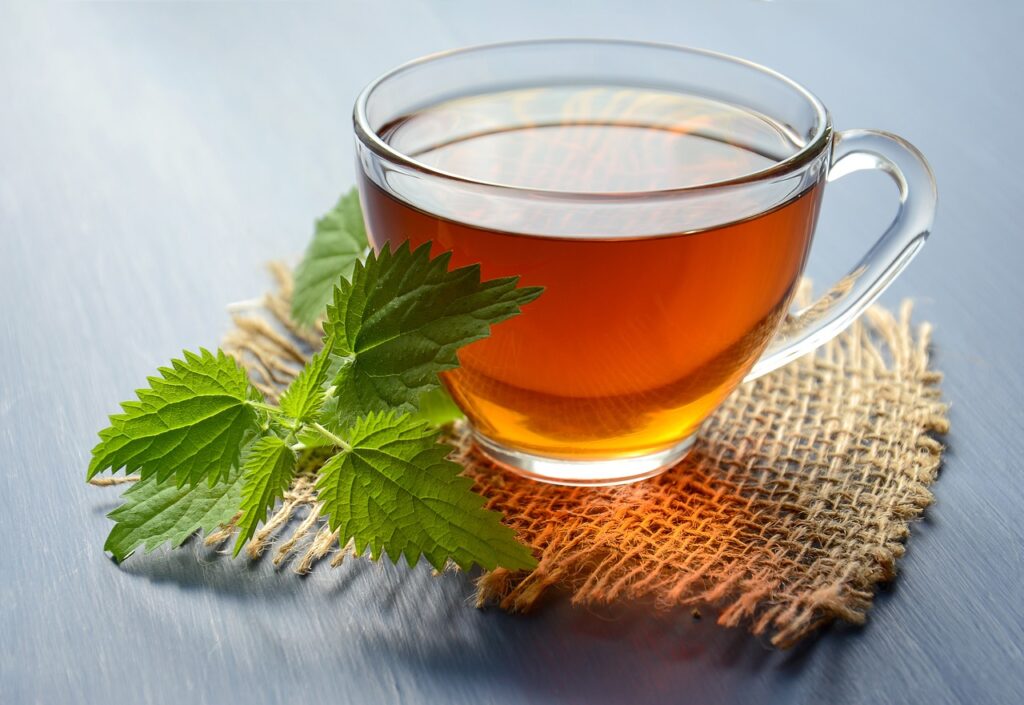Dengue fever is a viral infection transmitted by mosquitoes and can cause symptoms like high fever, severe headache, joint and muscle pain, rash, and bleeding. Proper nutrition is essential during dengue fever recovery to support the immune system and help the body heal.
Here are some diet tips:
Stay Hydrated:
It’s vital to stay hydrated, especially if you have a fever. Drink plenty of fluids like water, oral rehydration solutions, coconut water, and clear soups to prevent dehydration.
Consume Nutrient-Rich Foods:
Opt for nutrient-dense foods that provide essential vitamins and minerals to support your immune system. Include fresh fruits (such as papaya, kiwi, and citrus fruits), vegetables, whole grains, and lean proteins in your diet.
Vitamin C:
Foods rich in vitamin C can help boost immunity and aid in recovery. Examples include oranges, strawberries, guavas, and bell peppers.
Protein:
Protein is crucial for tissue repair and recovery. Include protein sources like eggs, fish, chicken, tofu, and legumes in your meals.
Easy-to-Digest Foods:
During recovery, focus on easily digestible foods to reduce stress on your digestive system. Opt for soft foods like porridge, yogurt, boiled vegetables, and smoothies.
Avoid Spicy and Oily Foods:
Spicy and oily foods can irritate the stomach and may worsen digestive issues. It’s best to avoid them until you’ve fully recovered.
Herbal Teas:

Herbal teas like ginger tea and chamomile tea can have soothing effects and may help alleviate symptoms like nausea and headache.
Limit Caffeine and Alcohol:
These beverages can contribute to dehydration, so it’s best to limit their consumption during recovery.
Remember, everyone’s nutritional needs may vary, and it’s essential to listen to your body. If you experience severe symptoms or have specific dietary restrictions, consult a healthcare professional or a registered dietitian for personalized advice.

